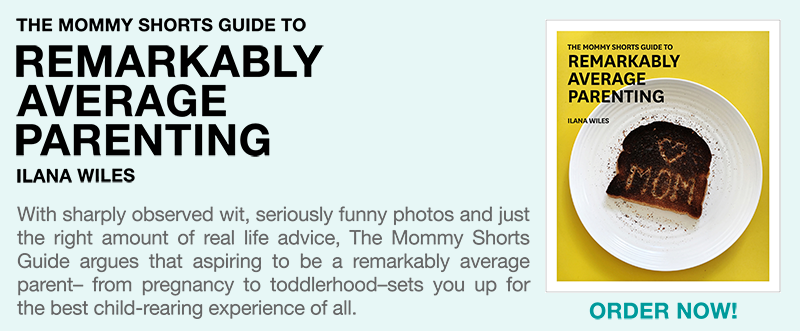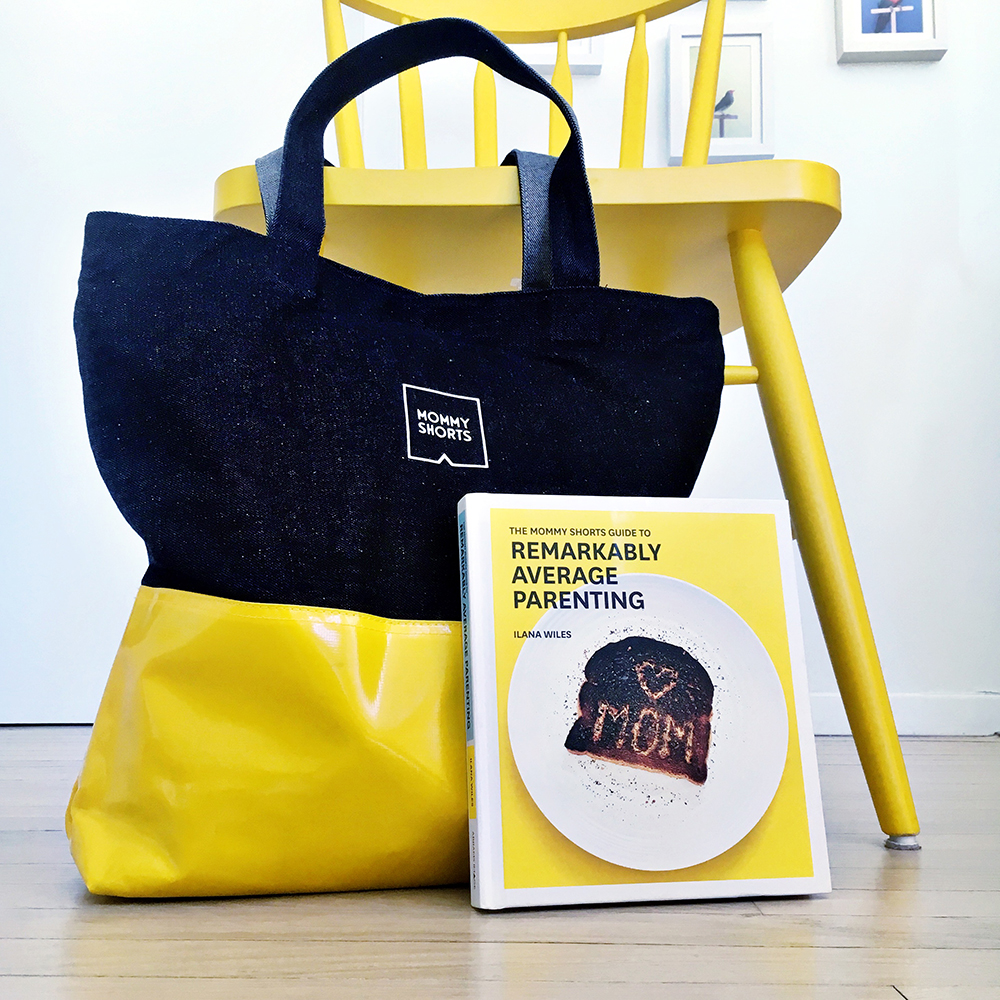I am expecting my second child and my first just turned one year old. He will be 18 months by the time of the big event. How should I go about preparing him for a sibling? Are there any books that you'd recommend having to do with this topic?
Signed, KD
Dear KD,
At 18 months, a child is unable to fully understand or anticipate what to expect when a new baby arrives. They also do not understand the concept of time so it is best not to start preparing him too early. Instead, wait until there are visual changes that you can show him as “proof” that the baby is coming such as your growing belly or the new baby’s room. Although your son may never fully grasp the idea until the baby is actually present, it is best to make the concept as concrete and visual as possible and to prevent adjustment difficulties by planning ahead.
Below are some suggestions on how to ease the transition.
Minimize Changes: Minimize changes and stressors in your first-born’s schedule at the time the baby arrives. Changes in childcare arrangements, moving the baby to a new room, potty training, or reducing dependency on a pacifier should be done several weeks before the baby arrives or postponed for several weeks after. This way, your son will not think the baby is at fault for unwanted changes in his routine or feel that he is being replaced by the new baby (e.g., the baby is taking ‘his’ room or 'his' pacifier).
Teach Delayed Gratification: Begin preparing your son to wait longer for things that he asks for so that he will adjust more easily when adults are unable to meet his demands as quickly as they did before the baby.
Bring the Baby to Life Before He is Born: When your belly is big enough for your son to think there may be a baby growing inside, start talking to your belly with your son and encourage him to do the same. Place his hand on your belly so that he can feel the baby moving. If you already have a name for the baby, share it with your son and have him use the name when he is talking to the baby.
Teach Him To Care For Babies: Get him a baby doll, stroller, and pretend bottle. Show him how to hold the baby, feed the baby, and push the stroller. Although he probably won’t understand, try to explain that babies need to be taken care of and praise him for taking good care of the baby and being “gentle” with the baby. The baby doll will also come in handy when the ‘real’ baby is born. You can use the doll to keep your son occupied when you are feeding the baby by having him sit with you and feed his baby doll.
Minimize Jealously: Buy a stash of special “new big brother” presents in advance in case visitors bring presents for the new baby and forget to bring a gift for your son. This way, he will not feel left out or jealous of the special attention the new baby is receiving. If you feel comfortable, tell adults who come over to greet your son first, before the new baby.
Increase His Exposure to Babies: Take him to a friend’s who just had a new baby and try to explain to him that the baby in your belly will be like this baby when he is born. Show him pictures of himself as a baby and explain that the new baby will get bigger just like he did. Buy a few books about being a new brother and about a mommy having a baby. Books with real photographs are best such as "Our New Baby", by Wendy Cheyette Lewison.
After the baby is born, expect that your first child’s behavior will change in the short-term, especially attention seeking behavior. It is also common for a child to regress to infantile behaviors such as crying, crawling, or acting clingy. Behavior changes can be minimized by finding ways for your son to help with the care of his new sibling, not scolding him in any way for waking the baby or being too noisy while the baby is sleeping, and praising him for being a good big brother. Also, I recommend setting aside at least 5 minutes of special time each day to spend alone with your son without the baby.
Children under two-years-old are especially resilient to the addition of a new baby. So be rest-assured that even if your son doesn’t understand what you are trying to prepare him for, he will most likely adjust easily to his new sibling.
—Dr. B


























This is helpful, my wife and I found out yesterday that we are pregnant with our second. Our first will be 16 months when the new baby arrives.
These are great tips. I did a lot of these things when we had our daughter as my son was only 16 months old at the time. He adjusted really well so I hope that gives some reassurance to people expecting their second child shortly after having their first.
I could have written this question! I am pregnant with #2 and my son will be 18 months when s/he is born! 🙂 We had a baby doll that we used to prepare our dogs so I brought it out for my son to play with. Every once and awhile I will hold the baby and rock her. S thinks this is awesome and comes over and pats the baby on the head. If we ask him where the baby is he will search for the doll and give it a hug. We have taught him the sign for baby and point out babies whenever we see one . We also have included baby in our night night song, but I don’t think he really noticed.
It is good to know that we are on the right track. 🙂
wow good tips, I will try it